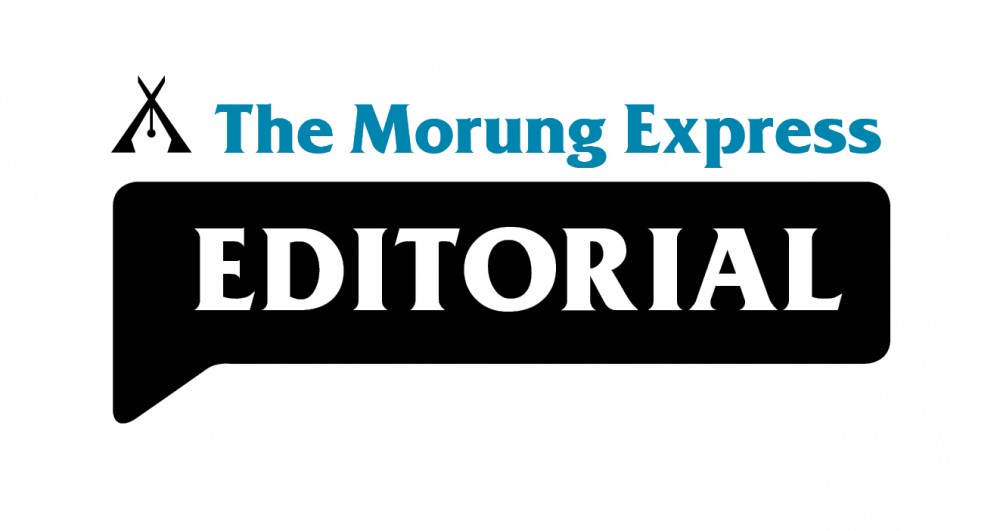
Moa Jamir
State Government’s response hereafter must be anchored on good governance
Nagaland officially reported the first three cases of COVID-19 on May 25, 2020 and thereafter, the State Government as well as society’s response to the worldwide pandemic in the past one year, has been ‘checkered.’ The assessment of the response to any crisis, often, is judged from one’s vantage point. However, as the State steps into the next phase of tackling the unprecedented health and socio-economic crisis, it is vital to learn from past mistakes and adopt course correction.
Nonetheless, this is not a piece to reflect on past achievements or failures - those at the helms of affairs must be doing the exercise on a daily basis. At the same time, a one-year time period also has presented an ample scope to the concerned authorities to adopt best practices to respond to the crisis. It is no longer a trial and error process.
Accordingly, Nagaland Government’s response to COVID-19 hereafter must be anchored on good governance. We limit our analysis to two vital areas of the COVID-19 response.
At the foremost, it is about ensuring that access to primary COVID-19 health care is given to all equitably and transparently. As the second wave hits, the State's machinery, albeit belatedly, seems to have put in place a robust mechanism to respond to queries as well as links to key functionaries and so on. However, it is still difficult to get a ‘ready reckoner’ on key health infrastructure such as availability of beds (ICU, oxygen and general etc), ventilators, vacancy, health workers, and so on.
While the erstwhile State ‘COVID-19 War Room’ portal used to update status on this vital information on a daily basis; regrettably, it is no longer available. Devoid of such information, patients often end up going from one health facility to another while hospitals are ‘forced' to turn away patients. In addition, good governance implies that facilities offered are need-based, and not in a biased manner.
Another crucial tool in combating the pandemic is vaccination. Understandably, the State’s health department has been battling considerable vaccine hesitancy in the initial period of the vaccination process. However, anecdotal evidence and vaccination data suggest that hesitancy is ebbing down. More importantly, in the earlier phase of vaccination i.e. 45 years and above, any ‘eligible and willing’ persons were able to get vaccinated ‘at will.’ However, the ‘fastest finger’ dynamic came in after the process opened up for the people in the age group of 18-44 years and added a new dimension to the access to vaccination.
This was the first essential test for ensuring accountability and transparency as beneficiaries compete for limited slots for the allotted days of vaccination for the aforesaid cohort. Unfortunately, the State health department has failed the initial test by allotting the slots for four districts in advance for the 2nd cycle of vaccinations for the cohort starting May 24. Further, there were also allegations of slots being ‘booked’ before the opening time – 9:00 AM in some other districts. While the Department, afterwards has designated every Wednesday, 9:00 AM as the timing to book slots opening slots for vaccination of people 18-44 age group, it has not offered any cogent explanation for the previous turn of events. This has brought the question of equity in access to resources and has further generated distrust and skepticism towards the government. The vaccination process in the country itself is deemed ‘bungled’; it must not be repeated in the State, hereafter. The right to a fair process of vaccination is the starting point.
Good governance, among others, includes ensuring transparency, accountability, equity as well as easy and accurate access to information and existing facilities. Nagaland Government’s response, hereafter, must be anchored on these attributes to engender confidence in the system.
Feedback can be send to jamir.moa@gmail.com






